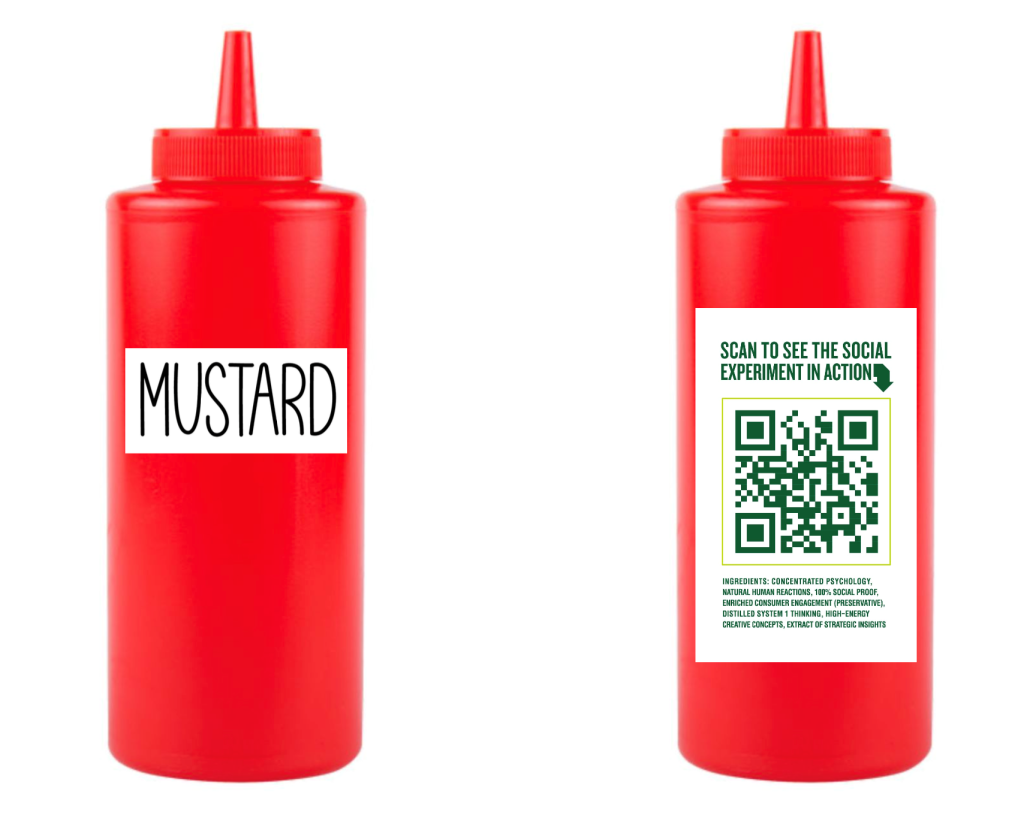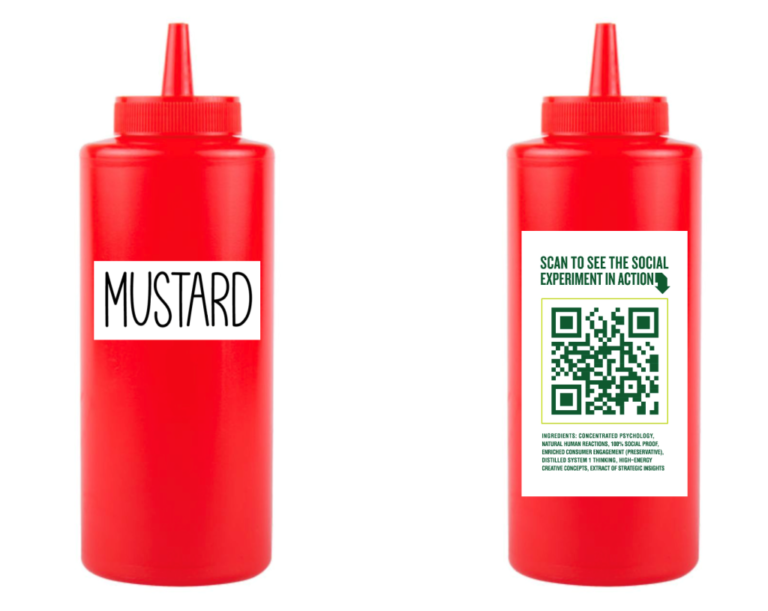Social research studies take a virtual “field trip” into the minds of consumers by demonstrating four key psychological principles:
intermark group, the nation's largest psychology-driven marketing agency, has published new empirical research based on a combination of academic journals and research by Kurtin Lewin, Ivan Pavlov, and others. The study, titled “Ad Psych Field Trips,” explores the relevance of basic behavioral science principles to today's consumer purchasing decisions through a real-world, empirical social experiment.
Intermark's experiential activation took place at a popular event attended by approximately 10,000 guests. Using free offerings accompanied by hidden cognitive cues, participants were invited to visit a snack stand, select food, and then discuss their choices. The video shows how principles of psychology (priming, auditory triggers, conditioning, and descriptive language) influence the brands people choose.
The complete research and awareness campaign will include landing pages, email, organic social, PR, and direct mailers distributed to key members of the consumer packaged goods and food industries.
“Our 'Ad Psych Field Trips' series provides a deeper understanding of how marketing applies established behavioral principles and concepts that are widely recognized by influential people in academia and science. The purpose is to provide an easy-to-understand demonstration. Dr. James McFarland, People Scientist at Intermark Group, said:

In one video, we unpack classic conditioning through the Stroop effect, where unconscious associations interfere with how consumers process their environment.
Unsuspecting subjects were provided with hot dogs and asked to add their own seasonings. However, the contents of the traditional ketchup and mustard bottles have been swapped, with the red bottle now marked with mustard and the yellow bottle marked with ketchup.. Even though it was labeled correctly, the subjects were surprised to see the “wrong” seasoning come out when they squeezed the bottle. The audience's response was due to the brain's automatic processing of the stimulus (the red bottle) interfering with the conscious and intentional processing of the conflicting stimuli (the mustard label and the contents of the bottle).
The second multisensory experiment focused on auditory triggers. Subjects were offered free churros and Bavarian pretzels while Mexican or German music played in the background. Music choices influenced their food choices.
“These experiments highlight the effectiveness of sensory heuristics, which are often overlooked by marketers seeking to make their communications more persuasive.” Jake McKenzie, CEO of Intermark Group, said: “More than 120 years of research has been conducted on how consumers think and behave. Intermark recognizes that behavioral science is the next big frontier for driving better marketing outcomes. We understand. In 2024, more and more CMOs will be passionate about applying psychology to ensure brand success.”
Intermark will promote similar research in 2021, focusing on soda and how the psychological principles of social proof, framing and anchoring challenge consumers' social norms and unconscious product preferences. was demonstrated. 2024’s research and shareable video campaigns take insights a step further.
Viewers can watch the full social experiment in action at https://intermarkgroup.com/psychfieldtrip/.
sauce: Intermark Group


